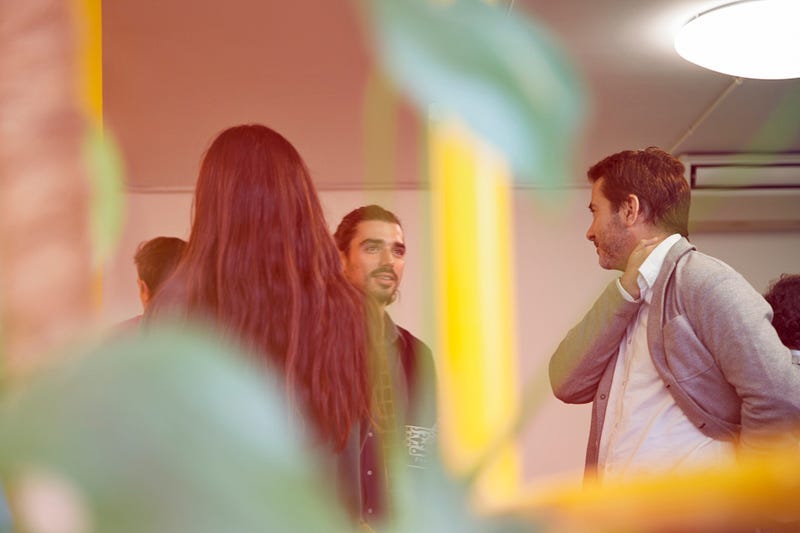Creating Communities of Goodwill in Your Study Abroad
It’s not about sight-seeing… it’s about people-meeting
It’s not about sight-seeing… it’s about people-meeting

This week I finished my first-ever undergraduate research lab in Krakow, Poland — what we often call a short-term study abroad. I wanted to build an affordable and accessible cross-cultural experience … that was also an authentic and immersive cultural exper…



